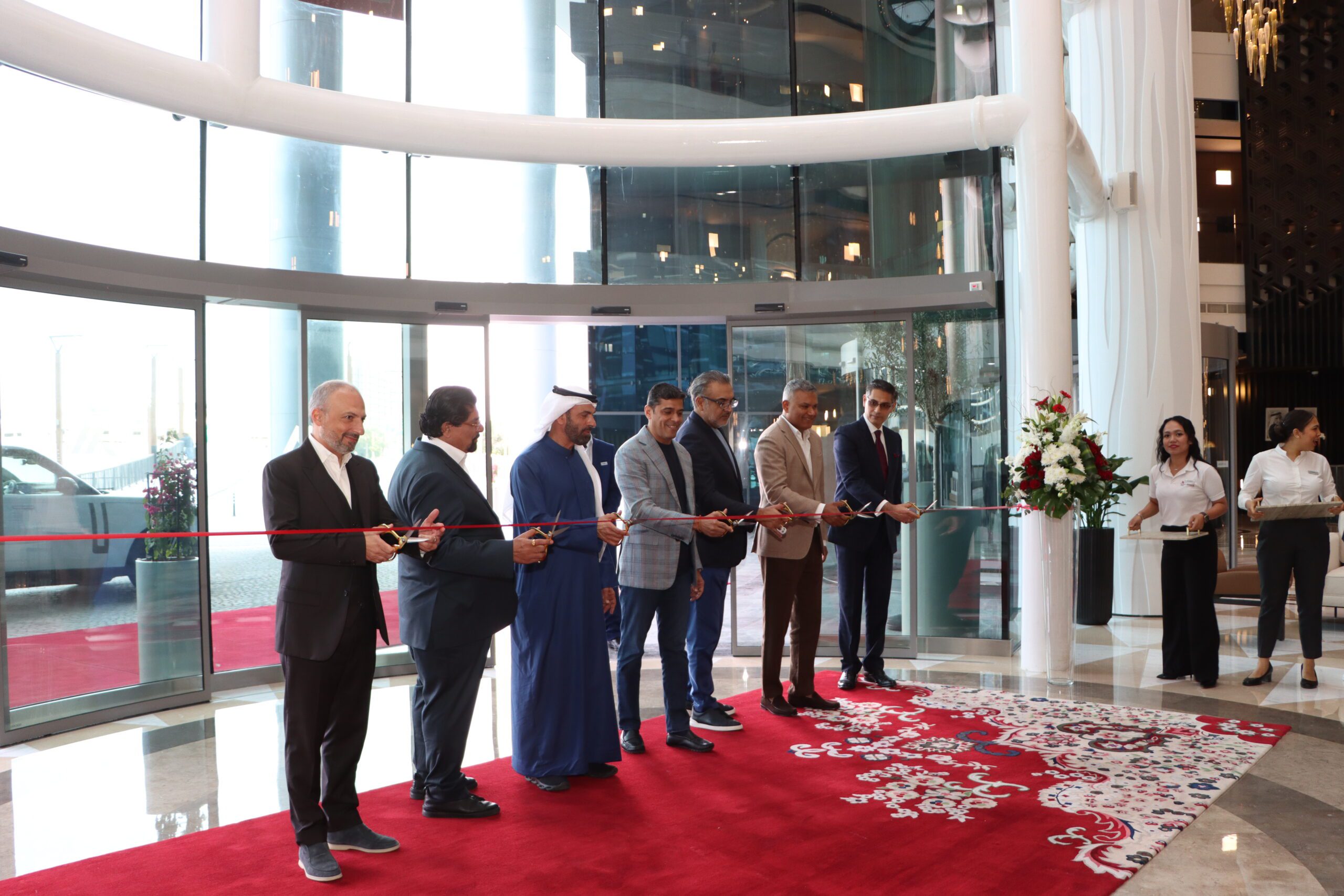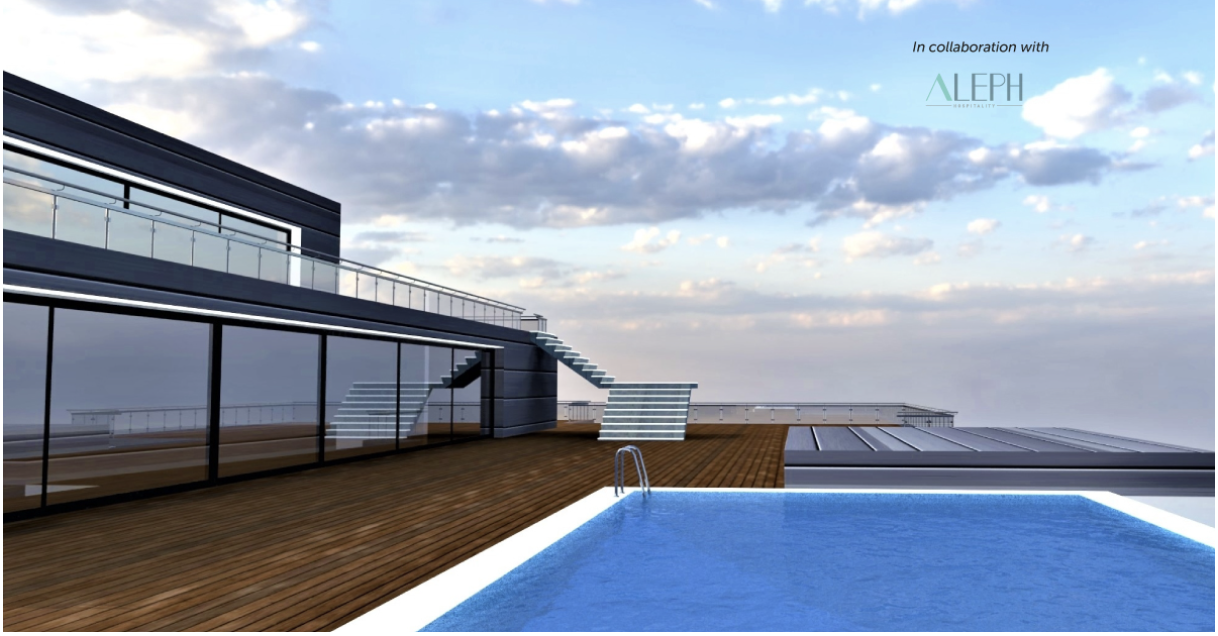
Article in Hospitality News Magazine by Jad Shamseddin, 2 June 2023
Today’s travelers have diverse wish lists when planning their trips, featuring ‘must includes’ that range from eco-conscious, locally focused stays and wellness experiences that go beyond spas to loyalty programs and apps to make quick, easy bookings. With a list of his own at the ready, Jad Shamseddin, COO of Aleph Hospitality, shares his thoughts on the criteria motivating guests in 2023 and what hotels need to do to attract them.
It’s essential for an operator to understand what motivates hotel guests if they are to provide them with the best possible experience.
As a starting point, a hotelier needs to have some knowledge of a guest’s lifestyle, which will enable operators to craft a genuinely personalized experience, tailored to the needs and preferences of each individual. Key lifestyle factors that may influence a hotel guest’s stay include travel purpose, age, dietary needs, fitness and wellness expectations, technology, environmental awareness and cultural interests.
In today’s world, it’s crucial for hotels to use AI and machine-learning algorithms to analyse guest preferences and behaviors, and offer targeted recommendations for activities, dining and entertainment options. Creating these personalized experiences will help to increase guest satisfaction, drive loyalty and generate positive reviews. Some of the most common motivators for hotel guests include:
1. Comfort and relaxation: above almost all else, guests are looking for a relaxing, enjoyable stay. Comfortable beds, clean rooms and amenities, such as spa services and pool areas, all help to create a satisfying experience.
2. Convenience and accessibility: guests want a hotel that is in a convenient location and easily accessible, close to public transportation, restaurants and other attractions.
3. Advanced technology: in our tech-driven world, guests expect hotels to provide high-speed Wi-Fi, voice-activated room controls, virtual concierge services and contactless check-in and check-out. Hotels need to be using data and technology to anticipate their guests’ needs and provide customized services and amenities. Guests will also expect hotels to offer mobile apps or other digital tools that allow them to access information and services quickly and easily, whether to contact housekeeping or room service, or find hotel facilities and make bookings at outlets or spas.
4. Cost and value for money: with increases in the cost of living a topic of debate worldwide, value for money is likely to be high on the agenda for visitors. Guests want a hotel that provides competitive, clear pricing and no hidden fees.
5. Personalized service: guests like to feel special and appreciated during a stay. Operators should be prepared to offer a personalized service, remembering a guest’s preferences and providing bespoke recommendations. Data will facilitate this, making available individual details, such as room temperature and bedding preferences, alongside food and beverage choices.
6. Safety and security: high on any guest’s priority list, this includes having secure access to their room, safe storage for their belongings and seeing visible security measures in place. Visitors also expect hotels to prioritize health and safety in our post-pandemic world. This could include measures like contactless check-in and check-out, enhanced cleaning and disinfection protocols, and access to health and wellness facilities.
7. Loyalty programs and rewards: these have long appealed to visitors, especially programs that offer rewards and benefits for repeat business. However, beyond earning points, today’s guests also want to be able to manage their loyalty program rewards and redeem points directly from a user-friendly app that gives them full control.
8. Sustainability: increasingly aware of the environmental impact of travel, guests are looking for hotels that prioritize sustainability and eco-friendly operations and practices. They expect hotels to adopt sustainable practices, such as reducing waste, especially plastic, conserving and using renewable energy, and using eco-friendly and locally sourced materials and products.
9. Unique experiences: many guests are motivated by authentic experiences, such as staying in a historic building or participating in local culture and heritage events. Hotels can tap into this by offering unique activities and events that showcase the local area.
Research indicates that guests have also increasingly sought out one-of-a-kind, memorable experiences beyond the traditional offerings provided by hotels in recent years and chosen their place of stay accordingly. These include:
1. Culinary experiences: many hotels now offer unique dining experiences, such as farm-to-table meals, cooking classes with renowned chefs and wine tastings.
2. Wellness programs: guests are often looking for services that go beyond spa treatments, such as yoga and fitness classes, and meditation sessions.
3. Adventure activities: hotels located in scenic areas are now offering a variety of adventure activities, such as hiking, zip-lining, mountain biking, skiing and water sports.
4. Cultural experiences: varying from guided tours of historical sites and art and craft workshops to music and dance performances, these enable guests to immerse themselves in the local culture.
5. Eco-tourism: hotels are incorporating an environmentally focused element into their offerings through activities such as birdwatching, jungle treks, nature walks, history tours and wildlife safaris.
6. Personal development: increasingly popular, these can encompass workshops on mindfulness, leadership and creativity, among other topics.
7. Unique accommodation: for guests looking for something other than four walls, operators have taken to providing more unusual places of stay, such as treehouses, igloos and yurts, to give travelers a one-of-a-kind experience.
8. Volunteering experiences: there are opportunities for hotels to enter into partnerships with local organizations to offer visitors volunteering experiences. These can include beach clean-
ups, work at animal sanctuaries and community service projects.
In an era when demands are high and trends are constantly evolving, hotels need to stay ahead of the curve and display the ability to adapt to changing guest expectations. Those that can provide exceptional personalization, innovative technology and sustainable practices, while maintaining high levels of cleanliness and safety, are the most likely to succeed in attracting and retaining guests.
Hospitality News Middle East is the go-to source for the latest news, developments and trends in the region’s hospitality and foodservice industries. The website, hospitalitynewsmag.com, features essential market insights, analysis and guidance from experts in the field, in addition to special reports on the latest concepts and interviews with top international names in the sector. Widely regarded as a must-read, the magazine has built a solid reputation as a reference for hospitality professionals in the Middle East and beyond. Daily news bulletins can be found online. Getting featured on HospitalityNews ME has positioned us at the forefront of the region’s hospitality scene.
 f
f
 f
f
 f
f
 f
f
 f
f
 f
f
 f
f
 f
f
 f
f
 f
f
 f
f
 f
f
 f
f
 f
f